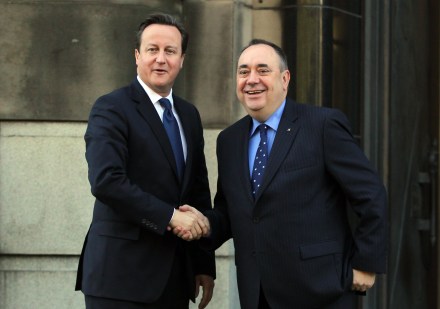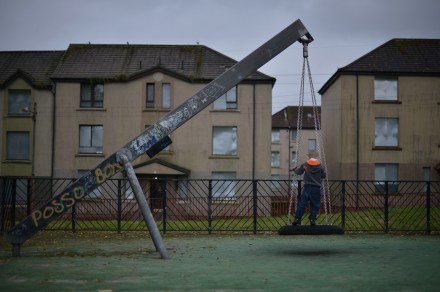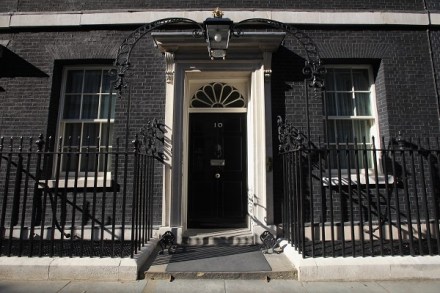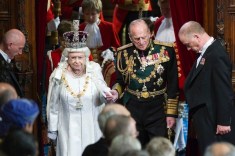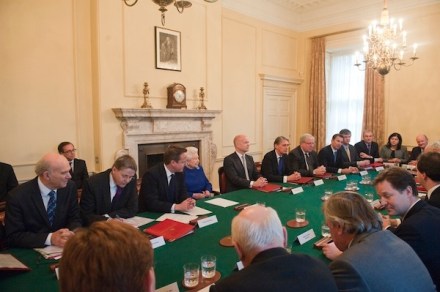Margaret Thatcher in quotes
“I don’t think there will be a woman Prime Minister in my lifetime.” – 1975 ‘To those waiting with bated breath for that favourite media catchphrase, the U-turn, I have only one thing to say. You turn if you want to. The lady’s not for turning.’ ‘I always cheer up immensely if an attack is particularly wounding because I think, well, if they attack one personally, it means they have not a single political argument left.’ ‘If you want something said, ask a man. If you want something done, ask a woman.’ ‘I am extraordinarily patient, provided I get my own way in the end.’ ‘To cure the British disease









